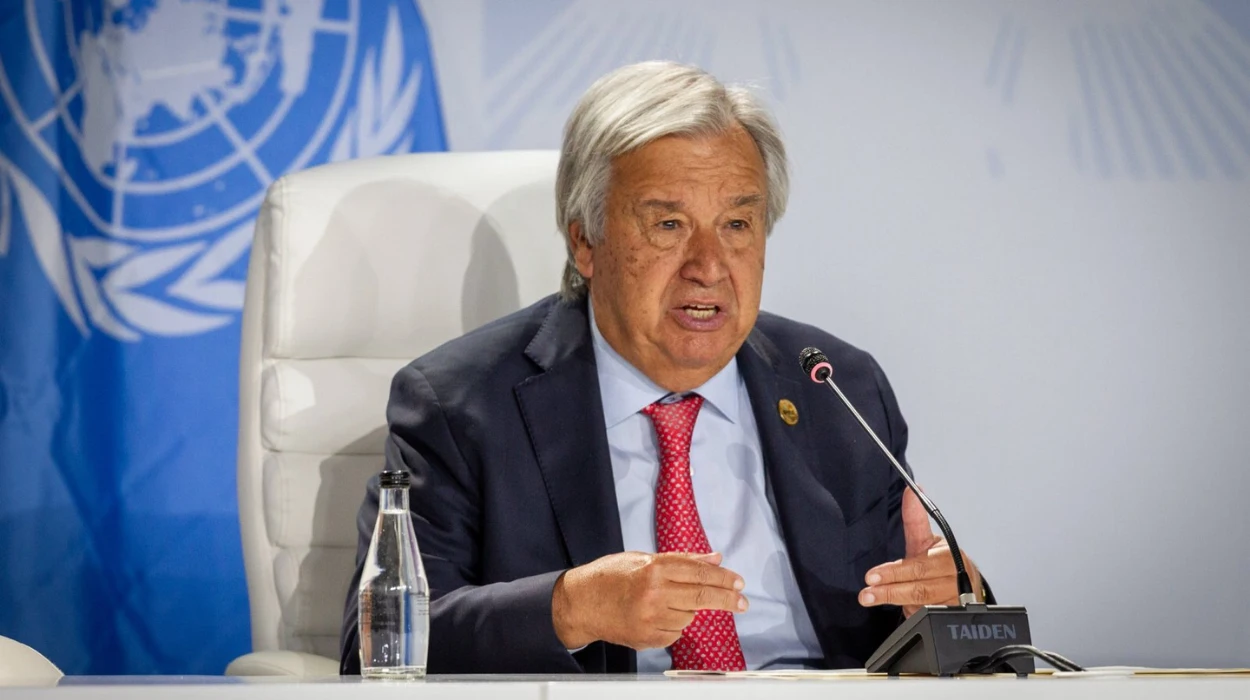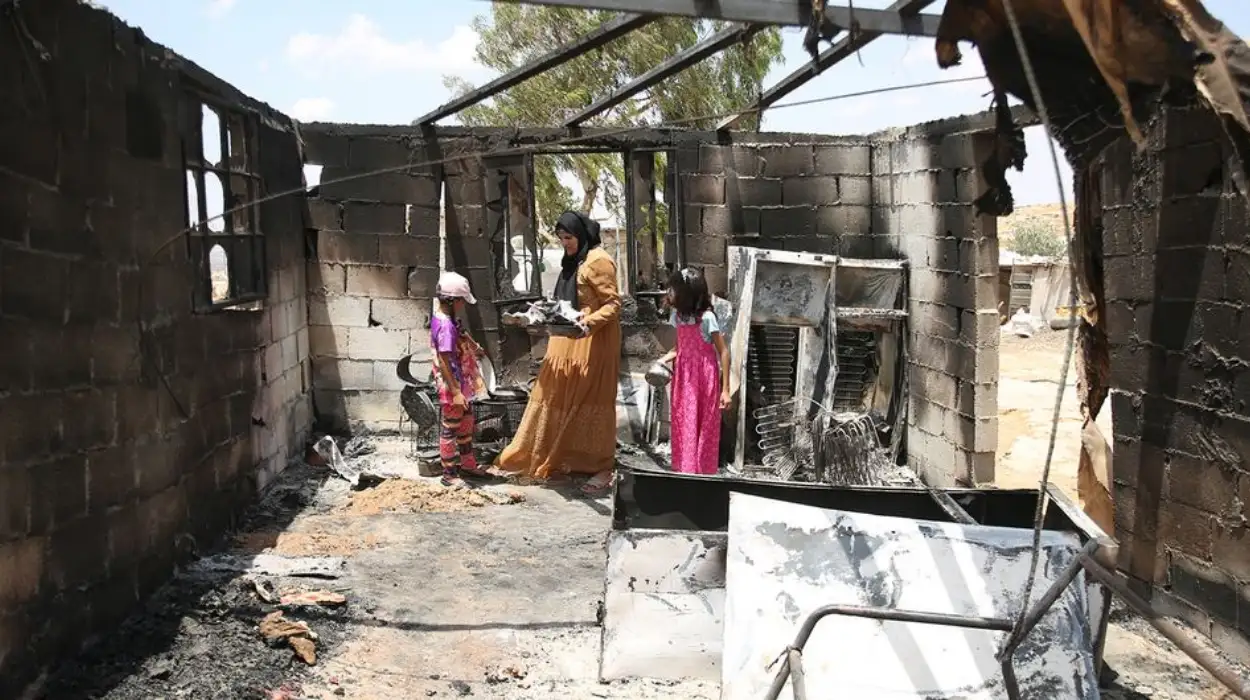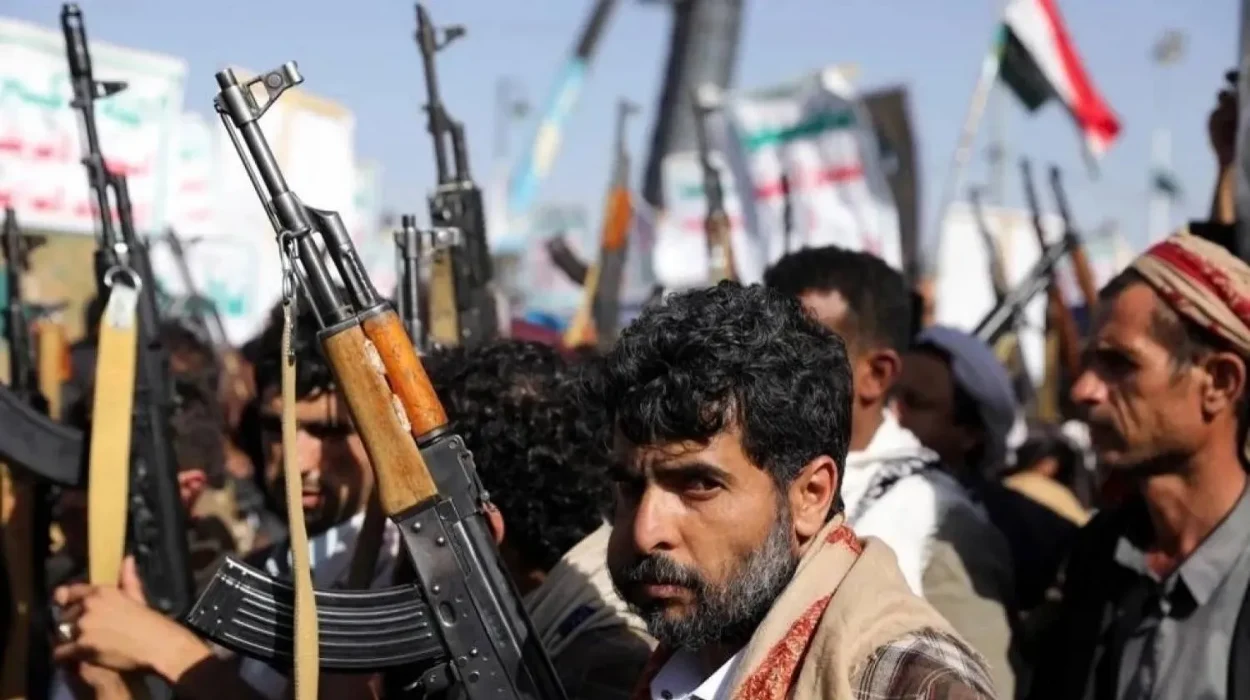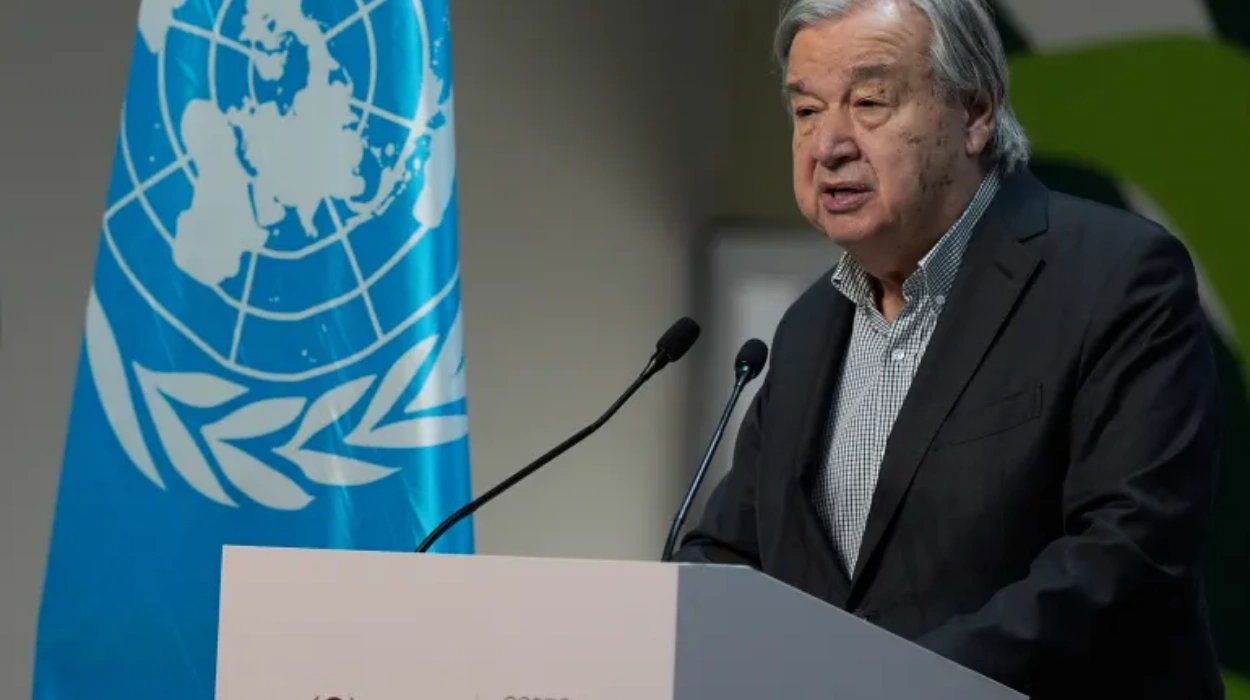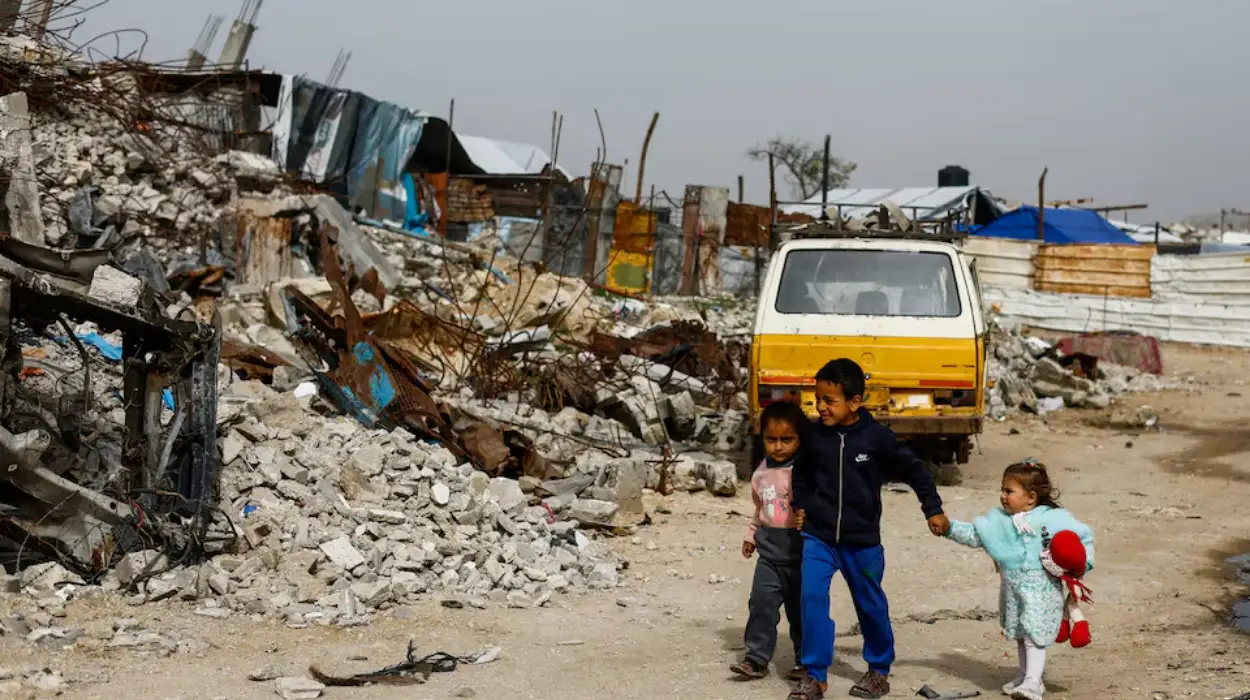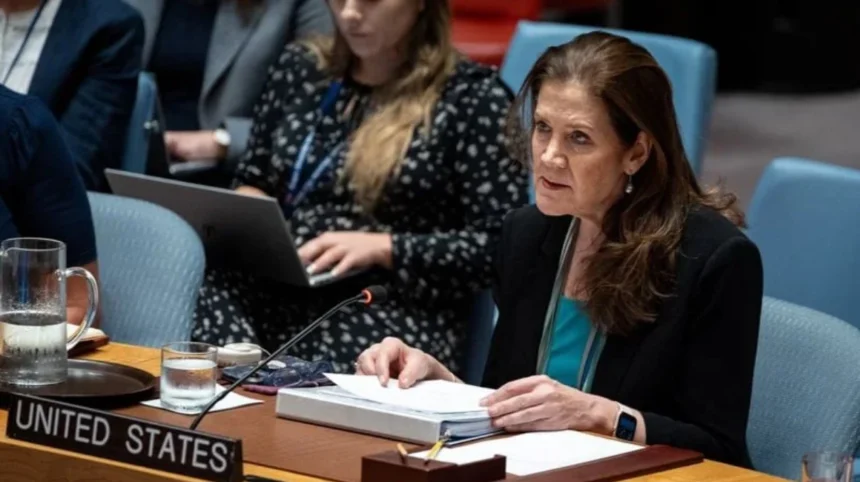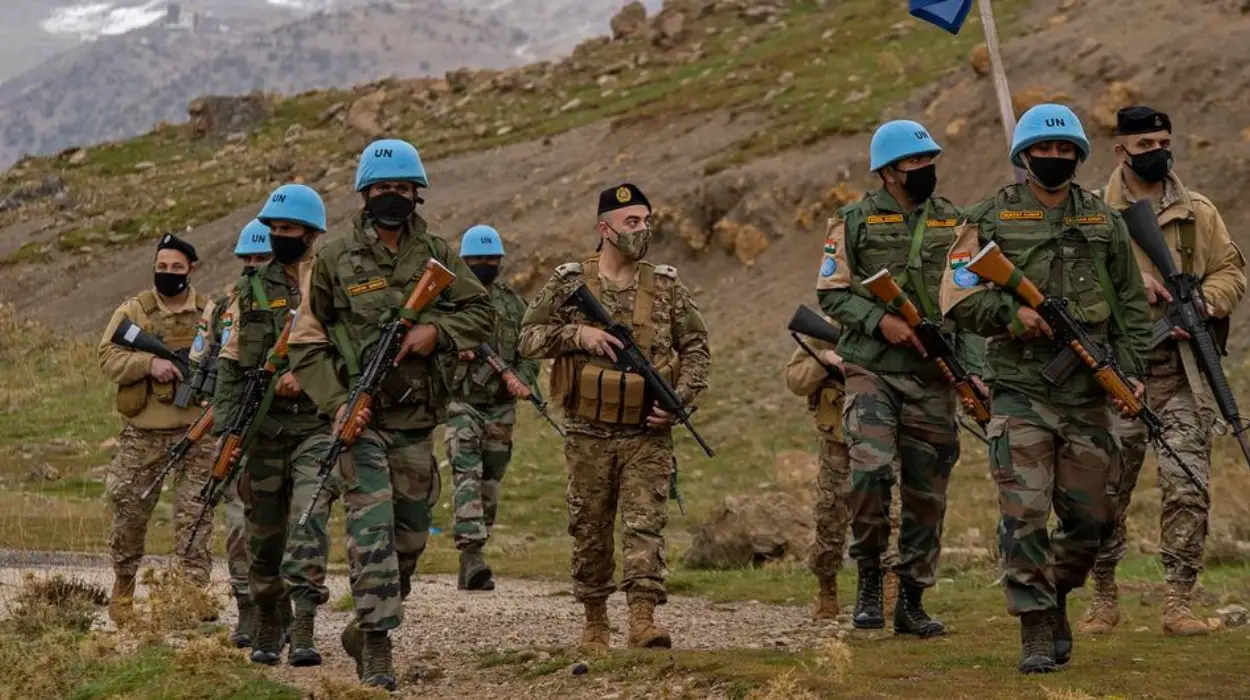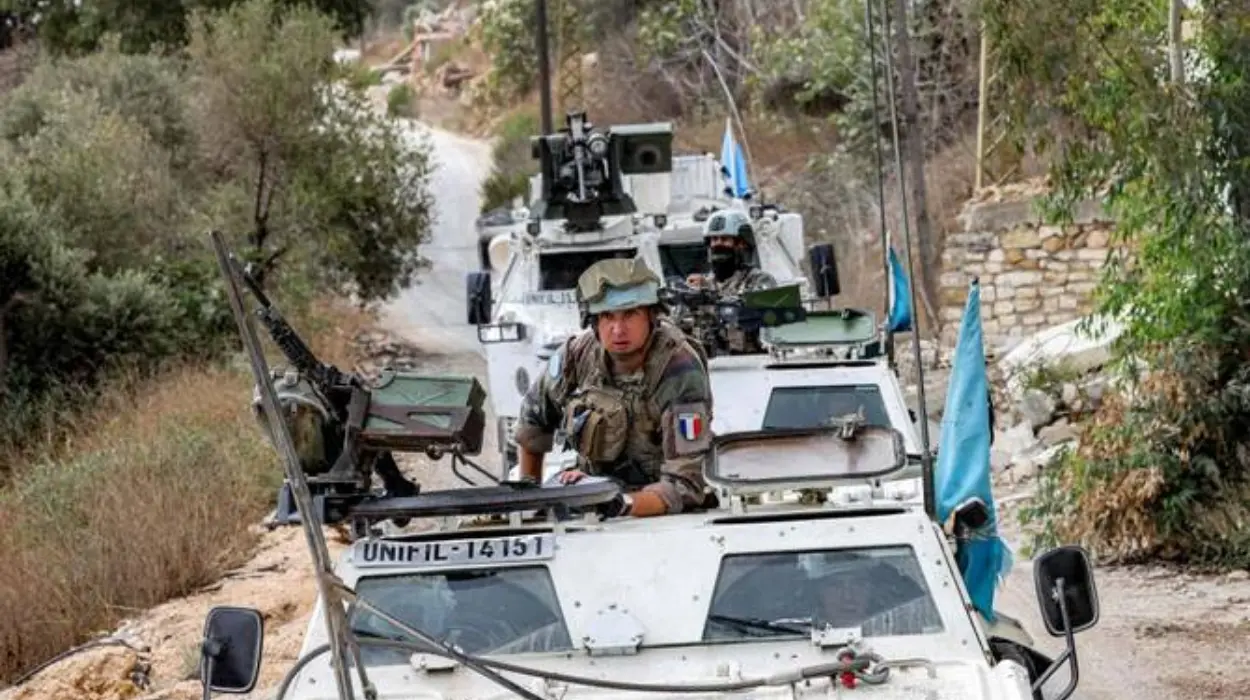The humanitarian crisis that has befallen the Gaza Strip has soared to incredible levels. By August 2025, the Integrated Food Security Phase Classification (IPC) officially established the existence of famine in Gaza Governorate, being the first famine declaration ever to be made in the Middle East. More than 500,000 individuals already face catastrophic hunger and there are large numbers of acute malnutrition, starvation and avoidable deaths. It is estimated that there may be more than 640,000 in famine by the end of September, with an additional almost 1.5 million being at crisis or emergency phase of food insecurity.
In this setting, children are the most susceptible. There are 132,000 estimated children below the age of five affected with severe acute malnutrition with 41,000 facing an imminent death. Other vulnerable groups are pregnant women, the elderly and chronic illness patients who risk life in the face of lack of proper medical and nutritional care. The health system in Gaza is at the point of collapsing and is functioning without regular power, medicine, or water, with hospitals overwhelmed and operating at full capacity due to ongoing fighting and a near complete blockade.
UN Security Council’s Rare Unified Stance
Later in August 2025, 14 of the 15 members of the United Nations Security Council made a joint statement, the only one who failed to do so being Russia, and described the famine in Gaza as an artificial crisis. This vocabulary goes straight to the contributions of conflict-driven policies, intermittent conditions of siege, and the limitations of humanitarian access. The combined statement required an unconditional and immediate ceasefire, hostages seized by Hamas and other armed groups to be released, and there should be an increase of humanitarian supply.
The deputy representatives of Guyana and Slovenia made this statement formally and was heard by the numerous Council members such as Algeria, China, France, Russia, the United Kingdom, South Korea, Denmark, Greece, and Pakistan. It put the Gaza famine into a context of policies weaponizing deprivation and it was a call to all warring sides to allow free humanitarian access.
Emphasis On Humanitarian Access And Legal Obligations
The members of the council emphasized on the urgency of the need to lift all the barriers to any kind of aid, as the international humanitarian law forbids the use of starvation as a tool of war. The statement emphasized the need to uphold humanitarian corridors, safeguard civilians, and repair key service provisions. Making the situation seem not to be the result of war but rather a direct consequence of the decisions taken by people, the joint position of the Security Council provided the calls to provide relief with considerable political weight.
US Dissent And Contested Narratives
The United States is the only Council member that did not support the man-made label and this cast doubts on the data collection processes of the Council. U.S. representatives claimed that the classification was based too much on information provided by the areas controlled by Hamas and it was not verified independently. The U.S. insisted on the point that any solution must also consider the security needs of Israel, and it had to be accompanied by hostage release and demilitarization of Gaza, as much as the humanitarian severity was recognized.
It is this divergence that points to the political complication of Gaza where the humanitarian agreement often comes into conflict with geopolitical realities. U.S. authorities insist that a successful humanitarian intervention should be conditioned with security results of negotiations that should reflect a balance between short-term relief and long-term conflict resolution.
Urgency Of Humanitarian Relief And Ceasefire
Humanitarian organizations including the World Food Programme (WFP), the Food and Agriculture Organization (FAO), WHO, and UNICEF have issued multiple warnings throughout 2025 that the situation is worsening by the week. Deliveries of aid are consistently delayed or blocked at border crossings. Closed bakeries, destroyed food markets, and a lack of fuel for transportation have eroded the supply system. Aid personnel report that even where food is available, most residents cannot afford it due to hyperinflation.
UN Secretary-General António Guterres described the famine as a “test of shared humanity,” calling on all parties to adhere to their obligations under international humanitarian law. The Deputy UN Relief Chief echoed this, stating that delays in action would have irreversible consequences and further entrench the suffering of civilians already pushed to the brink.
Risk Of Irreversible Consequences
Medical facilities in Gaza have been reduced to crisis operations, with basic items such as IV fluids, antibiotics, and neonatal care supplies running out. Surgeons operate without anesthetics, and emergency nutrition programs for children are either suspended or under-resourced. International NGOs warn that without an immediate ceasefire, no humanitarian surge can be effectively implemented.
The Human Toll And International Responsibility
Thousands of Gazans have died in recent months due to hunger, untreated illnesses, and lack of access to shelter or clean water. The ongoing blockade, alongside military incursions and aerial bombardment, has damaged nearly 80% of Gaza’s water infrastructure and rendered most of its housing uninhabitable. Displaced families now live in makeshift shelters with little protection from disease or climate exposure.
The rare alignment within the Security Council on the nature and scale of the crisis presents an opportunity for meaningful action. Yet, achieving real impact will require moving beyond declarations toward the logistical and political breakthrough necessary to end the siege and restore essential services. Aid agencies continue to urge that political delays risk turning Gaza into a generational trauma defined by famine and displacement.
Political analyst Raminho observed,
“This moment of Security Council unity reminds the world that behind political conflicts are dire human crises demanding urgent, principled response.”
This remark is not new since there are many humanitarian leaders and civil society organizations that share a common idea that the survival of mankind must be prioritized over the strategic differences.
The state of affairs in Gaza is a real test of time to the world as famine looms and diplomatic initiatives fail to provide an exit from the mess. Will global agreement on the urgency of humanitarian action be converted to action, or will the poisonous politics remain inert? The interests are not limited to the territory of Gaza and raise moral and legal issues regarding the role of the international system in defending the civilian population under siege. The future in the face of the rising human anguish requires something beyond acknowledgement–it requires decisive, concerted moves that would bring dignity and hope back to a people already at risk.


